Bridgerton Season 3 Shines a Light on Disability and Neurodiversity in Regency Era
The smash hit Netflix series 'Bridgerton' is not only winning hearts but is also breaking new ground with its extraordinary commitment to inclusivity. Entering its third season, the show has taken significant strides to incorporate diverse representations of disability and neurodiversity, set against the luxurious backdrop of Regency-era England. This effort is spearheaded by the show's forward-thinking showrunner, Jess Brownell, who has expressed a strong emphasis on bringing a broader spectrum of human experience to the small screen.
Inclusive Casting Choices
Standing central to this push for inclusivity is the casting of disabled actor Zak Ford-Williams as the formidable Lord Remington. Ford-Williams' character navigates the opulent world of Bridgerton using a historically accurate wheelchair, bringing a layer of authenticity and visibility to the narrative. Similarly, Kitty Devlin stars as Miss Dolores Stowell, another groundbreaking character in the series. Devlin's portrayal is notable as it features her using British Sign Language (BSL) to communicate—though not the archaic version from the period, but the modern BSL, making her character more relatable and impactful for today’s audiences.
Subtle Nuances of Neurodivergence
Yet, the layers of inclusivity in 'Bridgerton' do not end with physical disabilities alone. The internet has been abuzz with speculations regarding the potential neurodivergent traits of some characters. Notably, fans have pointed out subtle indicators suggesting that Francesca Bridgerton and her romantic counterpart, Lord Kilmartin, might be neurodivergent. While the show's writers have clarified that these character traits were not explicitly intended to signal neurodivergence, they have acknowledged and embraced the interpretations by fans. The unintentional yet organic inclusion of these traits has struck a chord with many viewers, further broadening the emotional resonance of the series.
Behind-the-Scenes Consulting
The inclusivity woven throughout the third season of 'Bridgerton' is no accident. The production team's dedication to accurate and respectful representation is evident in their collaboration with the 1in4 Coalition. This intersectional coalition of disabled creatives has played an instrumental role in advising the show's team, ensuring that the depictions of disability align with reality and avoid perpetuating harmful stereotypes. Their input has been crucial in crafting a narrative that feels genuine and empowering to a wide audience.
Accessibility Features
Not only has 'Bridgerton' excelled in on-screen representation, but it has also made strides in accessibility. The introduction of open audio descriptions and open captions in no fewer than 14 languages highlights the show's commitment to making it accessible to a global audience. These features are designed to ensure that viewers with diverse needs can enjoy the series without barriers, enhancing the overall viewing experience for everyone.
Looking to the Future
As the conversation around inclusivity and representation continues to evolve, Jess Brownell and the 'Bridgerton' team remain keenly aware of their pivotal role. Brownell has publicly expressed a deep commitment to further expanding the scope of representation in future seasons. Her vision includes more intricate and central storylines for both queer and disabled characters, areas that have been historically underrepresented in mainstream television narratives. Brownell's comments hint at an exciting and progressive direction for the series, one where diversity is not merely included but celebrated in its fullest form.
It's interesting to consider how 'Bridgerton'—a show rooted in the past—continues to push the boundaries of modern television. Its groundbreaking approach sets it apart in an industry that is slowly, but surely, waking up to the importance of representation. In playing its part, 'Bridgerton' shows that historical dramas have the potential to be just as inclusive and reflective of today's world as any contemporary series.

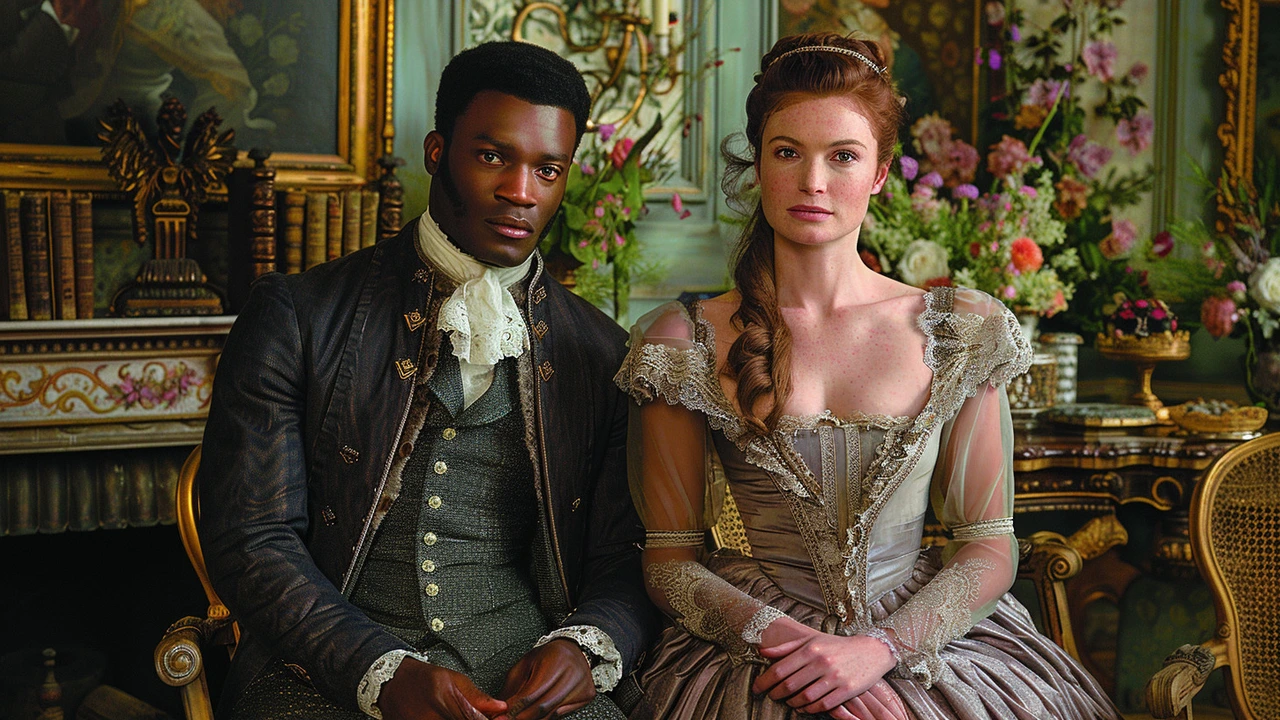
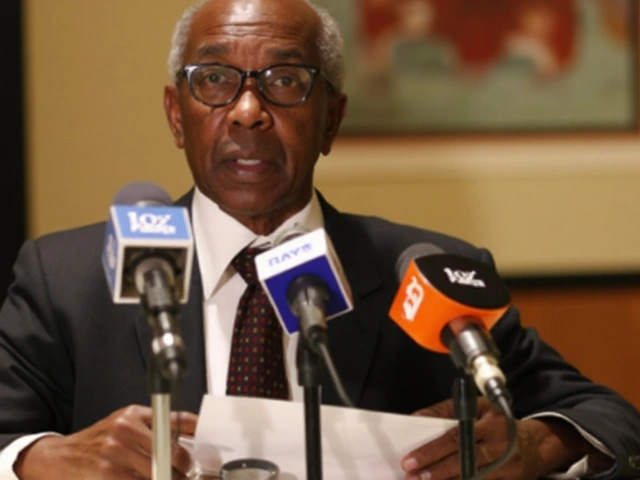
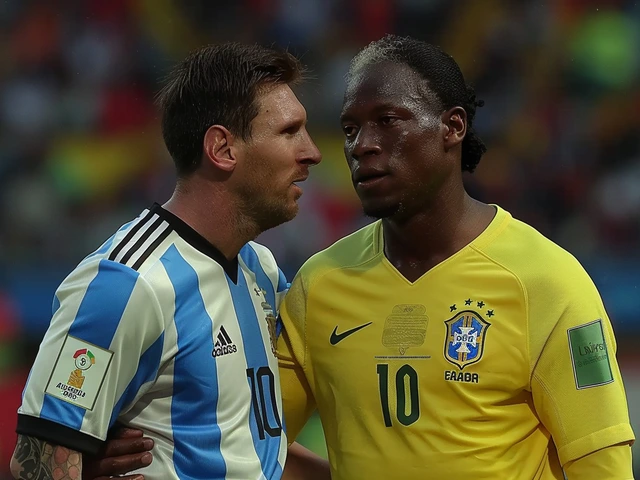

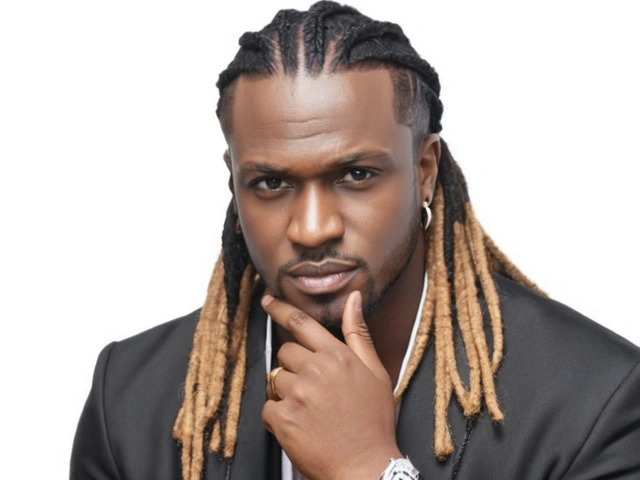
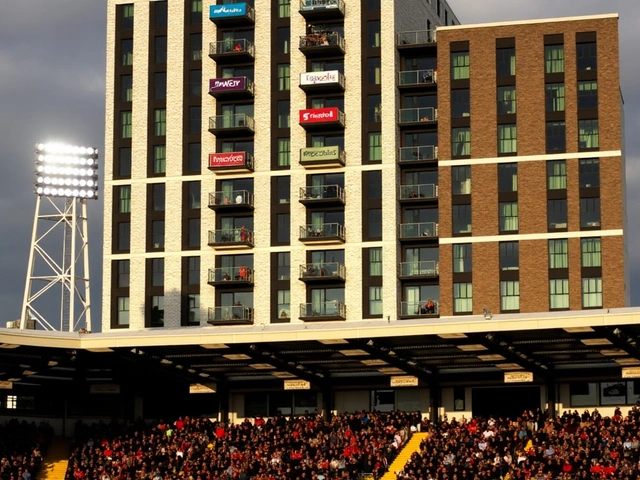
andy heri
June 13, 2024 AT 17:37I love seeing Bridgerton finally give a platform to disabled talent. Representation matters, and this season feels like a step forward for the whole industry. The wheelchair scenes are handled with respect, not just as a plot device. It’s great to see viewers feel seen.
Jeremy Perlman
June 18, 2024 AT 08:43Honestly, Bridgerton’s new disability push is groundbreaking, tokenism be damned, and the casting is absolutely flawless!
George Georgakopoulos
June 22, 2024 AT 23:50Everyone’s talking about “progress” but nobody mentions the hidden agenda. The network quietly aligns with an elite lobby pushing a sanitized version of disability that still serves profit. It’s a clever veneer, and the fans are being fed a curated narrative. Still, the on‑screen moments do spark real conversations, even if the backroom deals stay secret.
Abirami Nagarajan
June 27, 2024 AT 14:57It is nice to see different kinds of people on TV. I think this helps many viewers feel included.
shefali pace
July 2, 2024 AT 06:03The way Bridgerton has woven disability into its tapestry feels like a breath of fresh air. Watching Lord Remington navigate the ballroom in his wheelchair was both heartbreaking and empowering. Miss Dolores speaking in BSL added a layer of authenticity that made my heart swell. I’m hopeful this momentum will push more period dramas to embrace true diversity.
sachin p
July 6, 2024 AT 21:10From a cultural perspective, this inclusion opens doors for global audiences to see themselves reflected. It also invites us to rethink historical narratives that have long ignored disabled voices. I’m curious how future seasons will expand these storylines.
sarthak malik
July 11, 2024 AT 12:17The consulting work with the 1in4 Coalition really shows up in the details. You can tell the writers listened to real experiences, not just surface‑level research. This kind of partnership sets a benchmark for other productions.
Nasrin Saning
July 16, 2024 AT 03:23Great job on the captions and audio descriptions. This makes the show accessible for so many more people.
gaganpreet singh
July 20, 2024 AT 18:30It is a moral imperative for creators to portray disability with dignity, yet too often they fall back on stereotypes that reinforce societal prejudice. The inclusion of a wheelchair‑bound lord is a step forward, but the narrative must avoid using his condition merely as a plot mechanic to generate sympathy. When disability is treated as a narrative crutch, the audience is denied the chance to see the full humanity of the character. We must demand storylines that explore the complexities of lived experience, not just surface‑level adversity. Moreover, the portrayal of neurodiversity, however subtle, should be intentional rather than an after‑thought. Audiences deserve authenticity, and authenticity stems from thorough consultation with lived‑experience experts. The partnership with the 1in4 Coalition is commendable, yet the impact of that collaboration must be evident in every scene. It is not enough to tick a box; representation must be woven into the fabric of the story. If a character uses BSL, the production should invest in period‑accurate sign language to maintain historical integrity. The decision to use modern BSL may make the character more accessible to contemporary viewers, but it also risks anachronism. This tension illustrates the broader challenge of balancing accessibility with historical fidelity. The open audio descriptions and captions broaden the audience, demonstrating that inclusion can be both ethical and commercially viable. However, we should remain vigilant against tokenism masquerading as progress. When producers claim that a single disabled character solves the problem, they ignore the systemic lack of disabled voices behind the camera. Writers, directors, and producers with lived experience should be part of the creative team, not just consulted on an as‑needed basis. Ultimately, true representation demands systemic change, not isolated gestures. The series has made steps in the right direction, but there is still a long road ahead before we can celebrate genuine inclusivity.
Urmil Pathak
July 25, 2024 AT 09:37Is the show really thinking about how neurodivergent traits appear in the regency context? I wonder how they balanced accuracy with audience expectations.
Neha Godambe
July 30, 2024 AT 00:43While I appreciate the attempts at inclusivity, the execution sometimes feels perfunctory. A more nuanced portrayal would better serve both the disabled community and the narrative integrity. I encourage the producers to engage deeper with disability consultants moving forward.
rupesh kantaria
August 3, 2024 AT 15:50One must concede that the series has embarked upon a commendable... path of representation, yet oftentimes the subtelties escape the discerning viewer, perhaps due to the inherent limitations of the medium. A more thorough integration of disabled perspectives within the writers' room could ameliorate such oversights.
Nathan Tuon
August 8, 2024 AT 06:57Seeing the new accessibility features make me feel like the platform really cares about all fans. It’s exciting to think about what the next season could bring. Keep the momentum going!
shivam Agarwal
August 12, 2024 AT 22:03The strides Bridgerton has taken are notable, though there is always room for growth. I hope future episodes deepen these storylines rather than treat them as symbolic gestures.